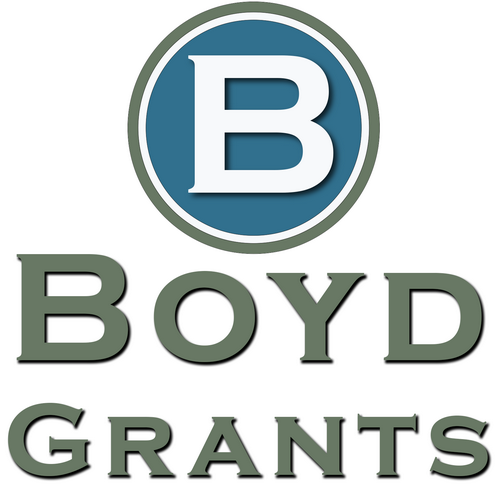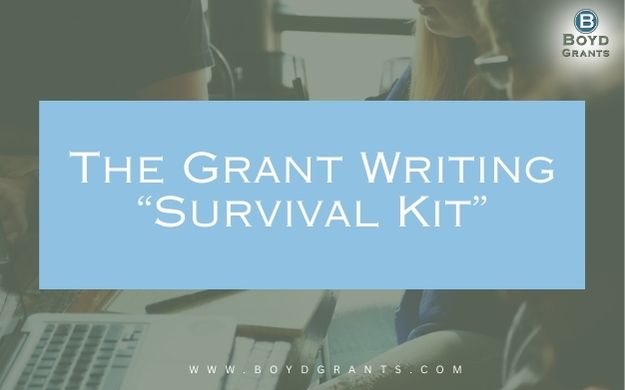Grant writing can feel like a complex journey, full of challenges, deadlines, and high stakes. But with the right tools, you can navigate the process with confidence and increase your chances of success. Think of these tools as your “Grant Writing Survival Kit”—each one is essential to ensuring your proposal is compelling, well-organized, and on point.
Here’s a list of the must-have items every grant professional should keep in their toolkit:
1. A Strong Project Plan
A well-thought-out project plan is the foundation of any successful grant application. Before you even start writing, you need to have a clear roadmap for what your project will look like. This includes:
- Specific goals and objectives
- Timelines and milestones
- Identified stakeholders and roles
- Clear outcomes and deliverables
A solid project plan helps you present a clear, feasible approach to the funder, demonstrating that you’ve thought through the project’s logistics and are ready for execution.
2. Compelling Data
Funders want to see more than just an idea—they want proof that your project will make an impact. That’s where data comes in. Whether it’s statistics about the community you’re serving, evidence from past projects, or research backing your approach, having strong data to support your proposal is crucial. Be sure to:
- Use reliable and relevant data
- Clearly tie data to the need for your project
- Make your data easily understandable for non-experts
Compelling data doesn’t just justify your project; it strengthens your case and shows the funder that their investment will lead to measurable outcomes.
3. Relationships with Funders
Building strong, authentic relationships with funders is invaluable. Having a solid connection can help you better understand their priorities, receive feedback, and even get insights into upcoming funding opportunities. Here’s how to develop these relationships:
- Attend funder webinars and events
- Schedule one-on-one calls with program officers
- Stay in touch with regular, thoughtful updates on your work
- Understand their specific goals and criteria
These relationships can give you an edge by providing insights into what they are really looking for, and they can also make your proposals stand out from the crowd.
4. A Detailed Budget
A well-structured budget is one of the most critical components of a successful grant proposal. Funders want to know exactly how their money will be used, and your budget should reflect that. Be sure to:
- Break down costs clearly and logically
- Align the budget with project objectives
- Include both direct and indirect costs
- Justify every expense in detail
A transparent and well-justified budget not only shows that you’re prepared but also builds trust with the funder.
5. A Clear Narrative
Your proposal’s narrative is the heart of the application. A strong, engaging story that connects your project to the community need, your organization’s capacity, and your expected outcomes is essential. Key elements to focus on:
- A compelling problem statement
- A solution that directly addresses the need
- Clear, measurable outcomes
- A description of how the project will be sustainable
Telling a clear and impactful story will help the funder connect with your work and understand its importance.
6. Project Management Tools
Managing a grant project requires staying organized and keeping track of multiple moving parts. Tools like project management software (e.g., Asana, Trello, or Monday.com) can help you:
- Track tasks and deadlines
- Collaborate with team members
- Document key decisions and communications
- Ensure the project is running on schedule and within budget
Having a system in place for managing tasks and monitoring progress ensures that your project stays on track and that you meet your deadlines.
7. Review & Feedback Process
Once your proposal is written, it’s essential to have a solid review and feedback process in place. Before submission, share your draft with trusted colleagues or experts who can provide valuable feedback on:
- Clarity and coherence of the narrative
- Strength of the data and justification
- Accuracy of the budget
- Overall flow and structure
A fresh set of eyes can catch mistakes you might have overlooked and provide valuable insight into how the proposal can be improved.


Recent Comments